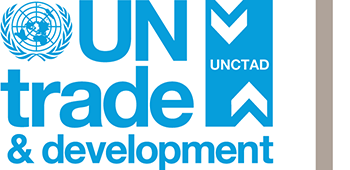This study undertakes a comprehensive and detailed review of Zambia’s income tax regime. It is largely guided by UNECA’s analytical framework for direct tax system. In order to inform how the tax system may realistically be reformed, it was necessary to go back to the basics by assessing the base upon which the tax system is premised. By assessing the personal income tax, corporate income tax and mineral royalties, we make a distinction between what the tax base ought to be, what the tax law says about how the taxes should be collected and how they are actually collected.

